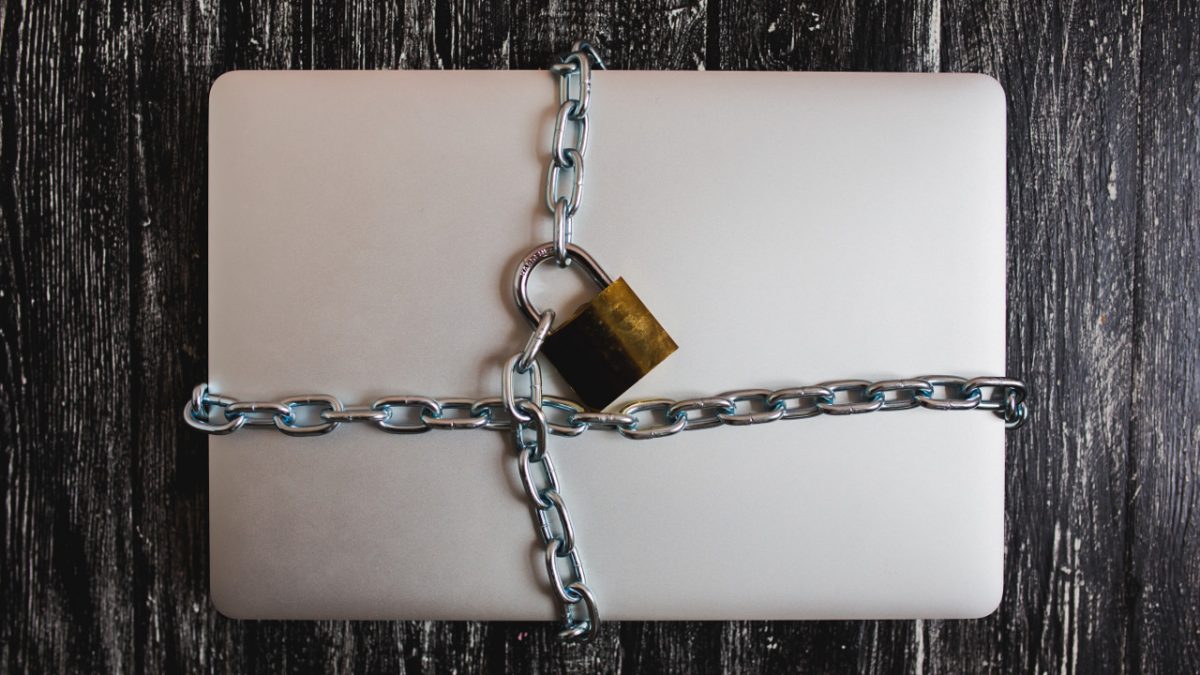Finland’s ISPs Begin Censoring Websites on Government Blacklist

Internet service providers (ISPs) in Finland have begun blocking access to websites on a government-curated blacklist.
According to English-language Finnish news service Metropolitan.fi, the initiative is the product of a partnership between the country’s National Bureau of Investigation (NBI) and the Save the Children Foundation, who claim that ISPs should blacklist websites that host illicit content such as child pornography.
To this end, the NBI has curated a list of 1,600 websites that allegedly contain child pornography. Unfortunately, allegedly is the operative word, as such blacklists are notorious for their inaccuracy.
To wit, analysis of a previous version of the NBI’s blacklist found that fewer than one percent of the flagged sites contained material classifiable as child pornography, and fewer than four percent even contained links to illicit sites.
Nevertheless, Swedish-based telecom operator Telia — which is also Finland’s most widely-used ISP — has reportedly already begun blocking consumer access to blacklisted sites, and the NBI is pressuring the country’s other ISPs to follow suit.
Consequently, under the guise of a seemingly-noble aim, this initiative by the NBI and ISPs will in reality merely block citizens from accessing legal content erroneously added to the list of prohibited websites.
This is not the first time that Finland has moved to censor its citizens from having access to a free and open internet. In 2012, a Finnish court ordered ISPs to block torrent site The Pirate Bay, though the ban proved largely unsuccessful since users could easily bypass these restrictions using VPNs.
Nor is Finland the only country waging internet censorship campaigns under the cover of protecting minors.
As Private Internet Access has reported, lawmakers in more than a dozen US states have introduced bills that would force digital device manufacturers to block access to pornographic websites by default, while the UK also plans to implement a policy that will require websites hosting adult content to perform bank-grade age-verification on their users.
But though many individuals may not be affected by such blacklists and may even support the restriction of this content, they must never forget that, once the government has granted itself the authority to censor content, it won’t be long before it begins flexing these muscles further.
